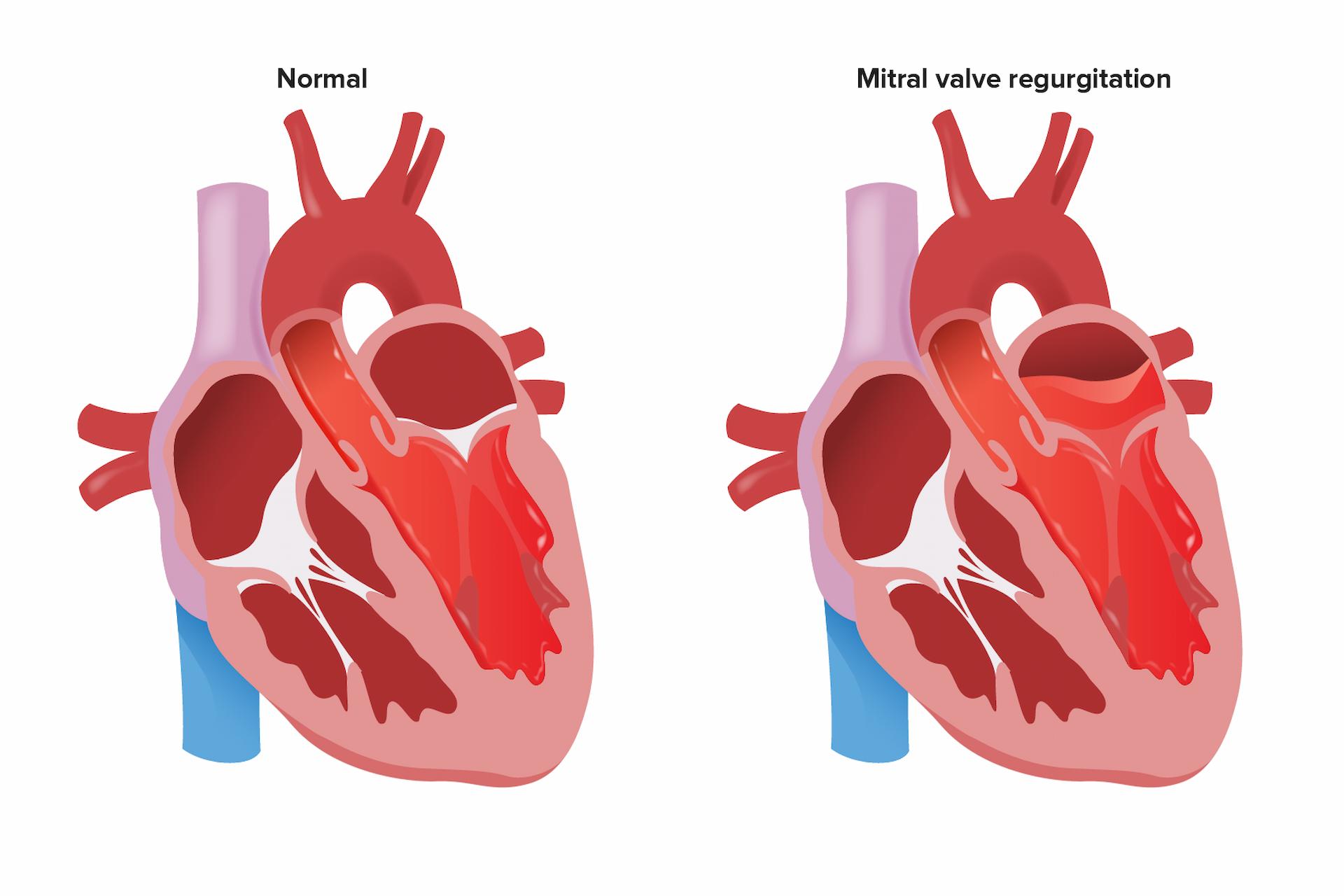Individuals of all ages suffer from heart ailments that might take a toll on their nerves. Several conditions such as having a sedentary lifestyle, not moving or exercising, consuming junk food, having improper sleeping habits, drinking alcohol, smoking and being surrounded by strands of complacency lead to cardiac issues.
Mitral regurgitation is a heart disease that affects the valves. In this, the valves of the left-heart chamber do not close properly causing the blood to leak backwards.
A Close Analysis Of The Ailment
Folks who face mitral regurgitation might experience fatigue, have irregular heartbeat, develop swollen feet and have anxiety levels.
The Treatment Is Done By The Cardiac Surgeon
Operate On The Person To Improve His/Her Health
A person might be treated at the earliest to improve the condition. A valve repair surgery is recommended. The doctor monitors the movement of the values to evaluate the condition.
In addition to this, surgical and non-surgical procedures might cure mitral regurgitation.
In the percutaneous balloon mitral valvuloplasty, the doctor inserts a balloon inside the body to operate the valve. Once located, the balloon is inflated to widen the valve which increases the blood flow.
Deflating the balloon is deflated and removing the catheter makes the work easy.
In the surgical commissurotomy, the surgeon performs an open-heart surgery to remove calcium deposits and scar tissue to clear the valve passage.
During a mitral valve replacement, the human valve is replaced with the one made from cow or pig’s heart tissue. Mechanical valves need blood thinners to operate which is to be taken all through one’s life.
Get An Echocardiogram Test
Through an echocardiogram, one can know the structure of the mitral valve and see the heart images produced by the sound waves.
Consider A Cardiac MRI
It provides detailed colourful close-ups of the mitral valve and the left heart chambers. The surgeons look at pictures created by magnetic fields and radio waves.
Embrace The Lifestyle Changes
Indulging in regular exercise for about 150 minutes a week is advisable. It is important to drink lots of water and consume a healthy diet. Also, sleeping for 8-10 hours is recommended.
Prescribe Medicines Or Drugs To A Person During Convalescence
Diuretics can lessen the fluid build-up in the lungs. Usually, blood thinners reduce clots. Beta-blockers and calcium channel blockers regulate the heart rate. Hypertension drugs make one feel comfortable. Apart from this, some antibiotics keep the rheumatic fever away.
To sum it up, several cardiac ailments are dangerous. Taking the right medications, adopting a healthy lifestyle and getting medical treatment keep mitral regurgitation away. You should not fret or fume over things and neglect your health. Be optimistic to remain in the pink of your health and feel alive.

